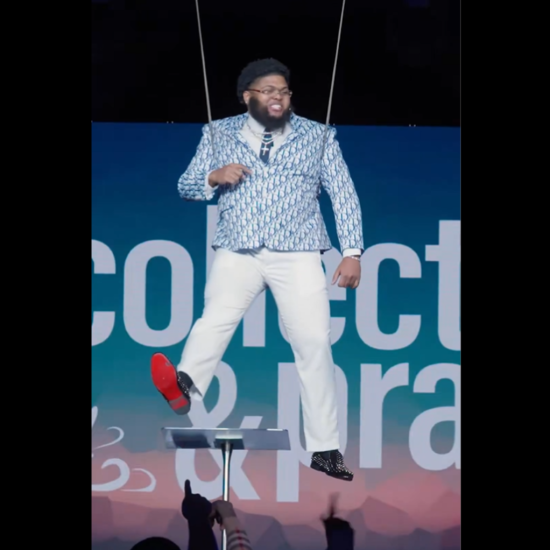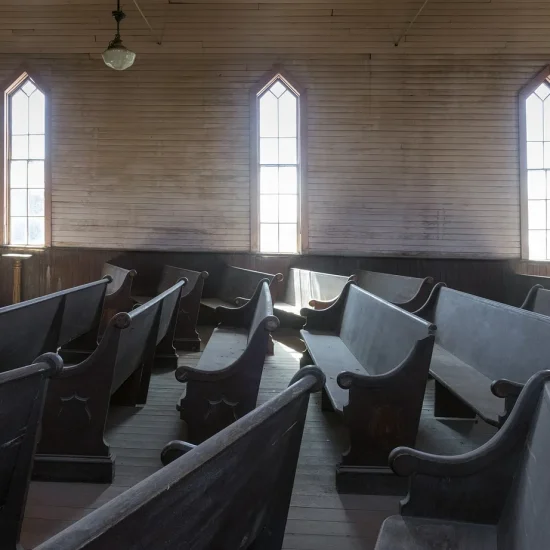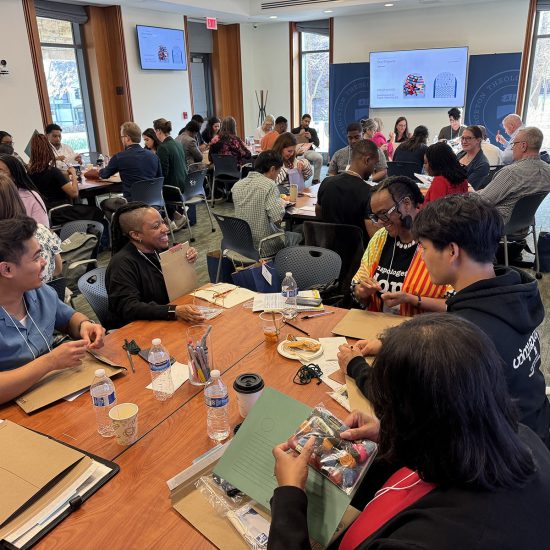
There is nothing like the first time someone with power tells you that your humanity is forever compromised because you aren’t a man. That you are forever stuck in silence and subordination. That the only way to get to your dreams, to your needs, and even to God, is to comply with the claim that you are less than fully human.

Laura Levens
I was 19-years-old the first time an adult told me directly that women could never ever lead in church. My dream at the time wasn’t to be a minister but to work at a summer camp. More than anything, I wanted to live out in the wilderness and take charge of campers. When a camp recruiter from a large Midwestern evangelical camp visited my college, I immediately signed up for an interview. Sitting in the Baptist Student Ministries building, I shared my dreams with Ms. Camp Recruiter. I wanted to guide campers as they explored the world and became more confident about themselves. I would be a team player. As the camp was Christian, I assured her that I would take the campers’ faith journeys very seriously.
That’s when the conversation soured. Noting that campers might come from different backgrounds, I asked a question about how the camp handled differences of opinion. Ms. Camp Recruiter feigned disbelief that such questions existed and pressed me for an example. When I mentioned women in ministry, she stopped me abruptly. “No true Christian would ever believe that women could lead,” Ms. Camp Recruiter said, “the Bible is very clear that only men are allowed to lead and women must be silent. You’re just confused. You should go and read your Bible more.” With a few niceties, she ended the interview. I’m pretty sure that she threw my application directly in the trash.
Regrettably, stories like mine happen to women in church and Christian ministries all the time. As a seminary professor, I have the joy of educating some of the most creative and insightful women who desire to follow their calling into ministry. They have the talent for bringing the Bible to life and enlivening their audience with a sermon. They possess a deep maturity with prayer. They know what it takes to commit to a church community and they are ready for it. And yet, they all have stories like mine. A deacon forbade her from approaching the pulpit unless she was bringing the preacher water. The senior pastor flatly refused to acknowledge her potential for anything but children’s work. The search committee questioned her ability to handle a church job and a family. The women’s group leader never invited her back.

In a thousand different ways, my female students — and women in the church at large — have endured so many discouragements because they are women. In seminary, we call these gender barriers. Gender barriers can feel like an invisible wall to a job or like a list of rules for men and women. In the moment, many of us think about how to break through or get around whatever gender barrier is in our way. When Ms. Camp Recruiter denied me a job, I went and interviewed elsewhere. Many of my students end up leaving their unsupportive churches. When women do this all alone, or for way too long, they get exhausted. They don’t just leave one job or one church. They leave for good.
When we step back to see the bigger picture, these gender barriers are all connected into a larger, historic structure of inequality. That is why I and other scholars have begun talking more pointedly about patriarchy in the church. In The Making of Biblical Womanhood, Beth Allison Barr argues that Christian patriarchy has limited women’s spiritual authority and their economic activity for centuries. Across the board, women have been valued less. As a result, women have been barred from valued religious leadership, and “feminine” tasks like children’s Sunday School have been undervalued. These undervaluing types of gender barriers still exist in churches that promote women’s ordination and women in ministry. Even when a woman manages to break into a valued position like senior minister, her work is generally deemed of less value than if she were a man doing her job.
I invite you to join me in breaking down gender barriers for my students and other women experiencing patriarchal impediments to their call. If you’d like a task to get you started, I have some ideas. When a woman in your church is preaching, call it preaching (no matter what age group or gender she is speaking to). Include parental leave in the employee handbooks and revise the church’s bylaws to reflect women’s leadership throughout. Deeper change will come, however, when we commit to dismantling the bigger picture of patriarchy in our Christian culture and our church communities. It’s the much more difficult road, but exponentially more life-giving and freeing.
Laura Levens is an assistant professor of Christian mission at the Baptist Seminary of Kentucky, and a board member for Word&Way. She is currently working on a book about the mission theology and practice of Ann Hasseltine Judson.






